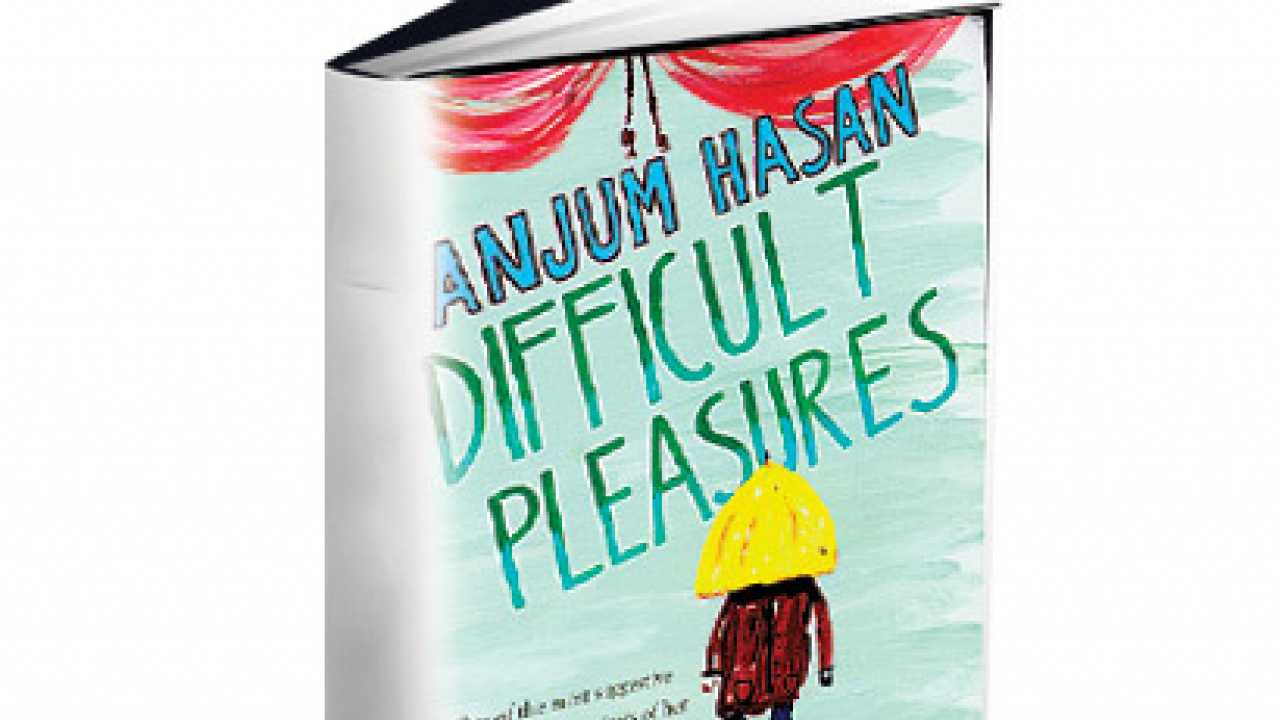
Book: Difficult Pleasures
Author: Anjum Hasan
Publisher: Viking
Pages: 256
Price: Rs399
There’s a little boy, Neel, in Difficult Pleasures. He bags the role of a magic mushroom in his school play, where he has a line to say: “If a mushroom could talk, what would it say?” The day of the play, he wakes up to see it is raining and thinks: “Good. Let it rain now, then it won’t rain later.” He diligently practises his line while he brushes his teeth. But he hears his father in the kitchen and realises that his mother left home again after a fight. “Why today? Why today? Why today?” he laments, as he fears his father may not come for the play now.
It’s an everyday situation and the plot is simple. But the real story plays out inside the boy’s head as Anjum Hasan explores the inner life of that seven-year-old, articulating his apprehensions and joys, and the choices he has to make in the pursuit of simple pleasures, made difficult by the complexities of our urban existence.
Hasan’s short stories too are, in a sense, simple and difficult. They are neither action-packed nor overly dramatic. And yet they are deeply involving because most people can empathise with her simple but confused characters as they agonise over their metropolitan lives. Like in her earlier novels, Lunatic In My Head and Neti Neti, a melancholic longing and sense of displacement hangs over these characters. But the lyrical style and intricate detailing of her characters’ inner selves that was evident in her novels, works even better in this collection of short stories. The brevity of this format lets her focus more on characterisation and thought without bothering too much about working out a page-turner of a plot.
The first story in this collection is about a young man named Science. He travels to Bombay from Bangalore in search of a photographer who had praised his work, left him changed somehow, and then seemed not to care. His disquiet is muted, but engaging nevertheless. So is the despair of Ayana in ‘Good Housekeeping’ as she sits alone in a two-room flat, staring at “the battered mountain of her things”. In ‘The Big Picture’, Mrs Ali discovers that “the world is a strange and horrifying place” when she flies to Europe to take part in an exhibition. In ‘Banerjee and Banerjee’, an Indian economist in Paris receives an email saying his brother is dead. There never was much brotherliness between them, but he travels to Sweden in search of answers.
Difficult Pleasures. There couldn’t have been a better title for this book. Science, Ayana, Mrs Ali, Banerjee, and other protagonists in the book are all troubled. They are constantly in motion. Heading for the unknown, leaving behind the familiar, they are after something elusive. They leave you unsettled, and ponderous. You know them. Their thoughts are yours too. You wish to stay with them a little longer. And you understand what Nietzsche meant when he said: “Hope in reality is the worst of all evils because it prolongs the torments of man.”